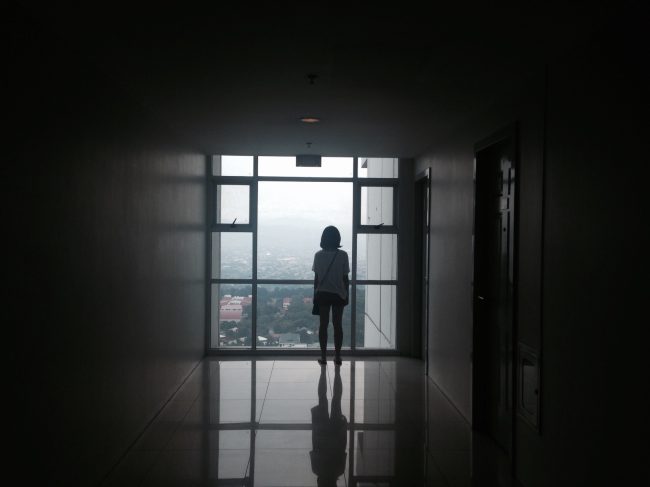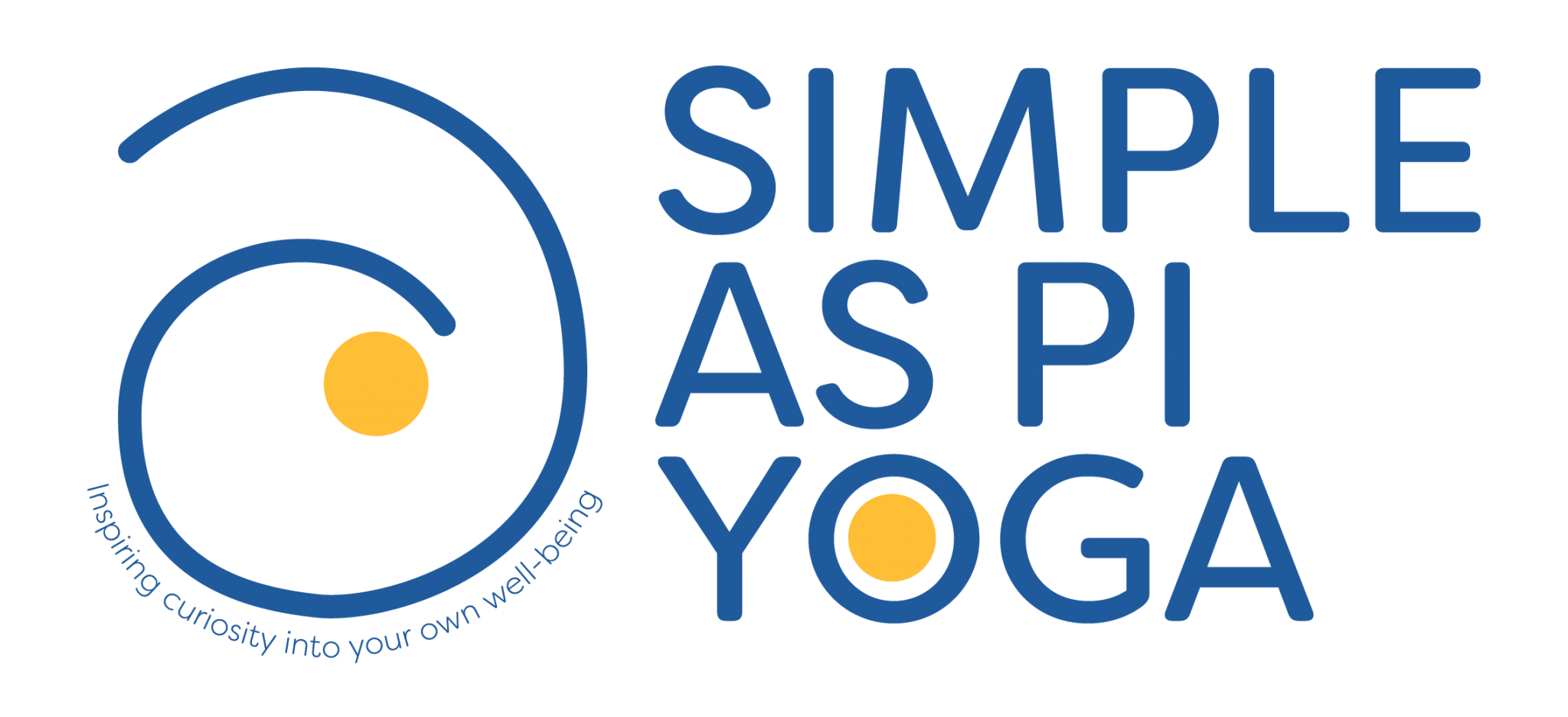“He turned to me and said, ‘I’m finding people younger and younger being diagnosed these days. Heather, your diagnosis is fairly positive; some people can’t even leave the house for the fear of a bowel accident.'”
I’ll never forget the color of his suit and the light streaming in behind his face as the gastroenterologist efficiently sent me on my way.
For years, I’ve shared snippets of my chronic illness story, but for once, I’ve decided to paint the bigger picture for you.
There wasn’t a warning sign or a “red flag” that I could pinpoint. The blood just appeared one day in the toilet bowl. Within a week, it went from being small spots in the stools to large tablespoons each day. A year later, I received the diagnosis of Ulcerative Colitis, an inflammatory bowel disease that compromises the lining of the colon and rectum. Being pregnant during the onset of my symptoms extended the journey to obtaining a diagnosis, making it both lengthy and physically demanding. I had to come to terms with the constant, visible blood loss without any answers.
When we are diagnosed with a chronic disease, it’s a surreal moment. Health practitioners, having streams of clients each day, may or may not use language that offers a tone of compassion or sensitivity. Most commonly, they may revert to reciting the pure facts of the situation at hand.
I was fortunate to have had a gastroenterologist who at least spoke slowly, but he still uttered the unforgettable “Heather, your situation isn’t that bad” comment, which left me feeling guilty for the sudden sense of grief that swept over me.
The realisation that “my body had betrayed me” is one of the first things one may experience when faced with a new diagnosis.

Having suffered for many years with various bowel symptoms (severe constipation is an example), this new diagnosis had a strange sense of peace.
The tablespoons of blood I had become so accustomed to seeing suddenly made sense. My daily barometer had become, “Can I see my stools today in that bloody swamp?”
It’s pretty gross, I know, but this is chronic disease. It’s not pretty. It’s daily. Incessant. And no matter how hard one may try, there’s no escaping it.
I know what it’s like to live with that unsettling feeling that your body has somehow betrayed you, or that you feel unsafe in your own skin.
To have fear and anxiety each time you step out of bed in the morning, wondering how bad the physical or emotional symptoms may be.
Some time ago, a well-meaning friend said to me, “Isn’t it funny that you can get an app that now tells you where the nearest toilet is? How hilarious is that?” I turned to her and said, “What’s the name of the app? I definitely have to get it.” She burst out laughing and then realised I was being honest. You see, a bowel condition means sometimes, most of the time, you have less than a minute to get yourself to a toilet in time before you have an accident.
As I’ve moved through my chronic illness journey, I would love to write that I have settled to a place of inner calm and peace, like all the media personalities will write on social media. I don’t think that is entirely realistic. Some things in life are just “crap,” excuse the pun. Sometimes we need to develop the skill of acceptance, which is the word “relax” to the brain [1].
Acceptance of what is.
For a long time, I felt angry every time someone would speak of acceptance to me. Really? I have to accept this? This is why I practice yoga, to come to marry those sides of my own mind, the ones that offer both the unsettling and the calm, to then arrive at a deep sense of “coming home.”

This doesn’t mean that each day I don’t feel anxious heading to the toilet, but rather the volume of those thought patterns has been turned down.
Yoga isn’t for everyone, but it has taught me how to move through life’s challenges by developing a deep sense of connection and feeling grounded.
It took some time for me to be able to sit with my pain, both physical and emotional, but this is where clinical yoga/yoga therapy has supported me.
It has empowered me to manage my own well-being journey on a daily basis, sometimes hourly, knowing I can reach out to healthcare practitioners as and when I need to.
Yogic tools offer age-old techniques that cost you nothing but time and your focus. Our breath is free to focus on. Our mind is free to “sit with,” and movement requires just a little bit of space and time. No fancy gym is needed; it’s free.
For those of you still reading to this point, I thank you for your time and your “ears.” We all deserve to be seen and listened to. You may not have a chronic illness, but this may still resonate with you as trauma, pain, suffering is something that we all go through and we can all learn to grow from.
Reference:
[1] Gregory Kramer, Interview with Dr Elise Bialylew “Mindful In May – Mind Life Project 2023”
